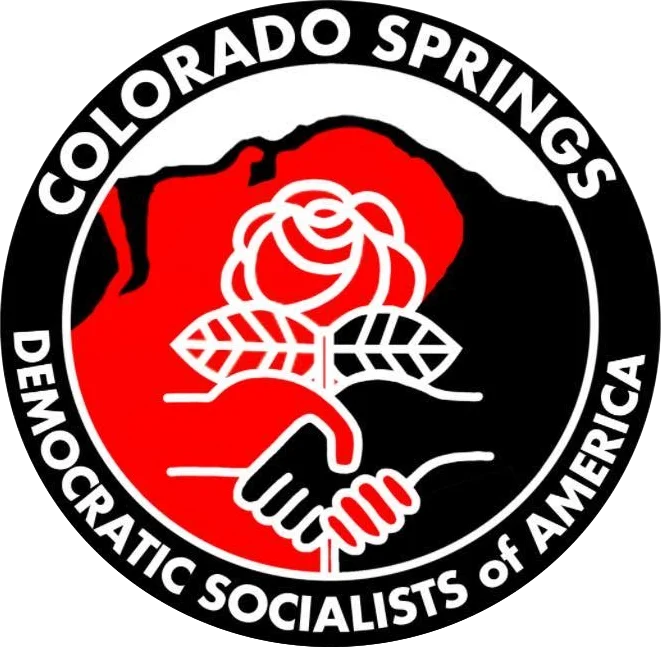
Building a Movement at Starbucks with Starbucks Workers United
We spoke with a Starbucks worker-organizer from Buffalo, NY back in January here on RPM, and since that time the fight has only gotten hotter. As of today, over 170 Starbucks locations in 27 states have filed for elections with the National Labor Relations Board – including several right here in New York City! With union victories in Buffalo, Arizona, Tennessee, at the heart of the Starbucks mythology in its hometown of Seattle, Washington, and more coming in every day, Starbucks corporate is upping the pressure on organizing workers and resorting to classic union-busting techniques. This month, DSA’s national labor commission launched a nation-wide campaign to engage DSA members and allies in support of coffee workers unionizing locally. On tonight’s show, we’re live in the studio with Aimes, a Starbucks worker-organizer from the Starbucks Roastery in Chelsea, Manhattan, and Honda, from the national DSA Labor steering committee. We’ll be discussing Starbucks union campaigns in New York City, and what you can do to support local workers no matter where you’re tuning in from.
Follow @DSA_Labor and @SBWorkersUnited for updates on this campaign. Join Astoria Boulevard Starbucks worker-organizers for a rally on Friday, April 1 at 6pm outside their store at 3018 Astoria Boulevard, and follow them at @astoriablvdsbx. Solidarity to the worker-organizers of the Chelsea Reserve Roastery on their election on 4/1, and to all retail and service workers organizing today.

The Drug War is A Class War
Tonight we’re joined live in the studio by Sessi Kuwabara Blanchard and Jacob Clary, organizers from NYC-DSA’s Socialist Drug Politics Organizing Committee. We discuss the class politics of drug use, overdose prevention centers AKA safe injection sites, and much more. Learn how the transformative perspective of socialist drug politics offers different ways of understanding drug use and the social forces that shape users' experience.
We also return to the South Bronx, where survivors of January’s devastating Twin Parks fire and their supporters are fighting for what they are owed from the city and landlord, in the face of corruption that may go all the way to the top of New York’s political structure. We speak to Ariadna Phillips from South Bronx Mutual Aid and Misra Walker from Take Back the Bronx on building real tenant power.
Follow the Socialist Drug Politics Organizing Committee on Twitter @socialistdrugs.
Join VOCAL-NY's Users Union for a Statewide Day of Action on April 7. The NYC event is a rally on the steps of City Hall at 11am. Sign up to receive more details here: https://vocal-ny.org/event/04-07-22-users-union-statewide-day-of-action/


SA DSA Stands in Solidarity with Starbucks Workers
San Antonio DSA expresses solidarity and support for the Starbucks baristas who are joining together and standing up for their rights as workers to form a union. Starbucks claims to be a progressive company, so they should live up to their professed values and stop making threats and intimidating their own employees. We know Starbucks workers will win their union, and with it the power to demand basic dignities such as reasonable scheduling, proper training, and a fair share of the record profits they’ve brought in.
The energy and demand behind the union drive came from the workers, but we’ve offered what we would to anyone—an organizer skills training, connection to our DSA city council representatives, and the solidarity of showing up. We urge everyone to support the unionizing workers by using the name “Union Strong” or “Union Yes” with their order, making sure to tip baristas, and by joining our national Solidarity is Brewing! campaign kickoff on March 27th at 5pm: https://actionnetwork.org/events/solidarity-is-brewing-launch-call/
First Starbucks, then the River Walk! All service workers deserve a union. dsausa.org/join


Colorado Springs DSA Statement on CSPD Undercover Surveillance
The Colorado Springs Democratic Socialists of America condemn the actions of the Colorado Springs Police Department for their undercover surveillance of Colorado Springs DSA members and actions, along with other local leftist organizations. Such surveillance is anti-democratic and is intended to intimidate left-leaning individuals in an effort to prevent organizing efforts that promote equity and justice and threaten the current distribution of power.
We call on all democratically elected city leaders to join us in publicly condemning the unwarranted undercover surveillance of above-ground democratic organizations. It is vital that our leadership sets a precedent for the city that any threats to our democratic process will not be tolerated. We citizens of Colorado Springs deserve to live in a city where we are free to exercise our democratic rights to organize peacefully for policies that reflect our values. Regardless of political orientation, all city leaders must come out against actions that undermine the very democratic process that got them elected so that we can continue to have free and fair elections for people of all political affiliations. A threat to one is a threat to all.
We also call on all leftist organizers, including Colorado Springs DSA members and others targeted by CSPD, to publicly condemn the actions of CSPD. In the face of aggression and intimidation, it is more important than ever for us to take a stand and let CSPD know that we will not back down from organizing for the change we want to see in the city.
In addition to undercover surveillance, there have been allegations of attempts by CSPD to manufacture crime where there is none. Recently some leftists have reported attempts by the undercover officer, April Rogers (alias Chelsie Kurti), to entrap members of the leftist community into helping her acquire illegal firearms, as well as to lay the foundation for the organization of an armed left-wing militia. While we applaud the integrity of our leftist comrades in declining to cooperate, we must also take a stand against the efforts of CSPD to manufacture crime that could then be used to entrap naturally law-abiding members of the leftist community.
We also call out the dishonesty in CSPD’s official media statement on their actions. Their insistence that, “CSPD does not target groups or organizations based upon political affiliation or ideology. We are committed to safeguarding our citizens’ constitutional rights, including freedom of speech and the right to assemble. CSPD does however investigate criminal activity or allegations of criminal activity even if that person is a member of a political organization,” is not only misleading to the public, but is also false. In addition to attempts to instigate criminal activity, officer April Rogers also committed a misdemeanor crime under Colorado State law for registering to vote under her false identity. These actions are not only hypocritical and indicative of police corruption, but are further signs of an abuse of power meant to oppress a left political movement.
As an official chapter of the Democratic Socialists of America, we value the preservation and expansion of democracy to create a more just and equitable world for all. We will continue to organize for the realization of our values unabashed and unafraid, and we are dedicated to peacefully pushing back against any efforts to silence or intimidate our organization and our individual members. We stand together as proud champions of justice and democracy, now and always.

Freedom for Ukraine and Prakash

New York is Ours with Illapa Sairitupac
Tonight on RPM we continue our series of conversations with DSA’s 2022 For The Many candidate slate with Illapa Sairitupac. Illapa is social worker and climate organizer who has been endorsed by NYC-DSA for Assembly District 65, a Lower East Side district once held by the notorious Sheldon Silver. We’ll talk to Illapa about running a campaign for working class New Yorkers in a district that also includes the capital of capitalism: Wall Street.
We’ll also hear from members of the NYC-DSA Housing Working Group who were out canvassing in lower Manhattan with Illapa this weekend for the Right to Remain campaign - to pass the Good Cause Eviction bill.
Plus a breaking news update on the REI Soho Union vote with Amy Wilson.
For more info on Illapa: https://illapa.nyc/
To learn more about Right to Remain and the NYC-DSA Housing Working Group: https://linktr.ee/nycdsa_housing


Statement on the war in Ukraine
March 3, 2022
The Ithaca, New York chapter of Democratic Socialists of America condemns the agents of military aggression, including the Putin regime in Russia and NATO forces, whose bids for global control have driven the crisis in Ukraine and endangered civilians throughout the region and the world who need a just transition to a humane economy and a livable planet—NOT a war on behalf of ruling class interests.
Putin is an expansionist who governs on behalf of the rich and powerful, and who aims to reconstruct the territories of the Soviet Union. His invasion of Ukraine and his claim that Ukrainians can have no identity separate from Russians violate principles of self-determination and international law that all advocates of peace must uphold. Putin has manipulated history and claims of genocide to justify unleashing Russia’s military might against the people of Ukraine. He has jeopardized the lives of countless civilians, further destabilized the world, and generated new refugee disasters. These crimes can only fuel militarism and far-right extremism within and beyond the region. Russian imperialism must be denounced. We reject the twisted logic that holds that “Socialists condemn U.S. foreign policy; Putin condemns U.S. foreign policy; so socialists should condone Putin.”
At the same time, the U.S. and its allies deserve condemnation for their aggression in Eastern Europe and around the globe. U.S. efforts to promote a western-friendly Ukraine are designed to surround Russia while sinking the roots of global capitalism deeper in the region. The collapse of the Soviet Union and the Warsaw Pact provided an opportunity to dismantle NATO, a machine of permanent Cold War conflict. Instead, the U.S. helped NATO expand and threatened to bring Ukraine into the alliance, a provocation that amounts to installing missiles in Russia’s backyard. U.S. condemnations of Russian violence are absurdly hypocritical. The world’s chief invader, the U.S. in the last two decades has killed almost a million people while pouring trillions of dollars into a crusade for oil, power and wartime profit. The so-called War on Terror has spread chaos and bloodshed across Iraq, Afghanistan, Syria, Yemen, Pakistan, Somalia, and other parts of the Middle East and Africa. Meanwhile the U.S. has continued its tradition of interfering in the affairs of sovereign nations in Latin America and elsewhere. The U.S. and NATO’s obscene assault on Libya a few years ago no doubt helped provoke Putin’s latest act of hostility in Ukraine.
People of conscience in the U.S. have a special duty to oppose American imperialism and reject its lies. That means exposing the dishonesty of American warmakers and their servants in the corporate media. U.S. political elites mouth democratic ideals while relentlessly pursuing global capitalism. Their calls for security and human rights are meant to camouflage war profiteering and empire-building. By accepting the demonization of foreign adversaries, ordinary Americans serve the private interests of a ruthless ruling class. We refuse to vilify the Russian people. As the discredited War on Terror loses its power to justify endless conflict, we must not let our government reignite Cold War hostilities or launch new overseas adventures.
We must also unmask the racist hypocrisy behind western outrage over Russia. Where is the outcry against routine violations of Palestinian self-determination? Where is the anguish over the suffering caused by U.S. air strikes and lopsided warfare in the Global South? We must combat the white supremacist logic that normalizes violence against brown-skinned people while portraying military clashes between Europeans as unthinkable disasters.
It is our responsibility as Americans to resist the warmongering of our leaders, just as it is the Russian people’s responsibility to defy the antihuman agenda of their political elites. We reject all forms of aggression, including sanctions, which disproportionately harm vulnerable civilians. Sending Ukraine more U.S. military aid and weapons can only further destabilize the region while empowering the far right.
We demand an immediate ceasefire, the withdrawal of foreign troops, and an end to brinkmanship. We demand that Russia and NATO deescalate, and that all parties in the Ukrainian dispute seek diplomatic solutions. We stand with the brave Russians who have protested their government, and with the besieged Ukrainians who seek survival and coexistence.
We recognize that the threat of mass bloodshed and nuclear war casts a perverse shadow over the dreams of the masses for dignity and peace. We pledge to work for the demilitarization of our planet, and to seek the ecological repair and the reorganization of power and wealth that a world without war requires.
We call on people of conscience everywhere to participate in mass rallies and other actions in the name of a just peace. Soldiers, defy orders! Civilians, oppose nationalism and militarism! No war but class war!
Ithaca DSA Steering Committee

Genocide in Yemen


Peninsula DSA Endorses James Coleman for CA State Assembly (AD 21)
Peninsula DSA Endorses James Coleman for CA State Assembly (AD 21)
On February 20, 2022, members of Peninsula DSA (PDSA) voted to enthusiastically endorse PDSA member James Coleman in his grassroots, corporate-free campaign for California State Assembly in newly redrawn District 21, which now represents eastern San Mateo County from Brisbane and South San Francisco down to East Palo Alto. Because James favors bold, uncompromising action to effect popular progressive policies such as raising the minimum wage, instituting higher taxes on the ultra wealthy, and increasing spending on health care, education, and infrastructure, he is the best candidate to bring about transformative change for working people on the Peninsula, and he is well positioned to win the primary election in June 2022. In 2020, James successfully ran as a Democratic Socialist against 18-year incumbent and mayor Richard Garbarino, winning a city council seat in his hometown of South San Francisco with over 52 percent of the votes. As South San Francisco’s first openly LGBTQ+ and youngest-ever City Councilmember, James has a track record of looking out for the interests of the working class. So far he has been instrumental in
- building broad support for the Early Care and Education for All South San Francisco ballot measure campaign (modeled after Portland DSA’s successful measure in Multnomah County, OR) to bring universal preschool to all working families in South City;
- passing a citywide Medicare for All resolution, which helped secure outgoing CA Assemblymember Kevin Mullin’s commitment to vote Yes on CalCare (AB 1400); and
- advocating for union-constructed multi-family housing—including mixed-income social housing—to solve the dual crises of decreased housing stock and increased numbers of unhoused neighbors on the Peninsula.
In addition to organizing with PDSA, James was actively involved in Harvard College Students for Bernie Sanders, and in spring 2020 helped transition the group to a Young DSA chapter (Harvard Young DSA). A proponent of bold action on climate, James has also been involved with the Alliance for Climate Education, the Harvard Undergraduates for Environmental Justice, and Fossil Fuel Divest Harvard. James Coleman has also earned the endorsements of SEIU California, the San Francisco Berniecrats, Alexandria Ocasio-Cortez’s Courage to Change PAC, Daybreak PAC, Project Super Bloom, Reach Coalition (allyship), Downballot Progress, Run for Something, and current DSA-endorsed elected officials: CA Assemblymember Alex Lee (AD 25), Redwood City Councilmember Lissette Espinoza-Garnica, and San Francisco Supervisor Dean Preston.


March 1, 2022 Voter Guide
Hello, this is the March 1st, 2022 Primary San Antonio Democratic Socialists of America Voters Guide. There are no SADSA endorsed candidates on the ballot this cycle.
All candidates named in this guide are recommended, but San Antonio DSA did not actively campaign on their behalf. Candidates/propositions must seek the endorsement of SADSA and our general membership votes on the decision to endorse. Several community members have reached out to SADSA for a voter guide, so we have created one. It is by no means expansive and does not cover every race in our area, but we hope this can help inform your decisions if you’re looking to a socialist organization for electoral advice. Our struggles go beyond the ballot box, but it is a site of struggle that we cannot withdraw from. We can take it back if we fight together. Join San Antonio DSA.
If you have any questions or comments, please email SanAntonioDSA@gmail.com.